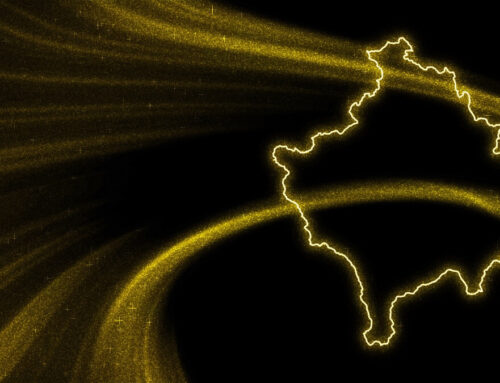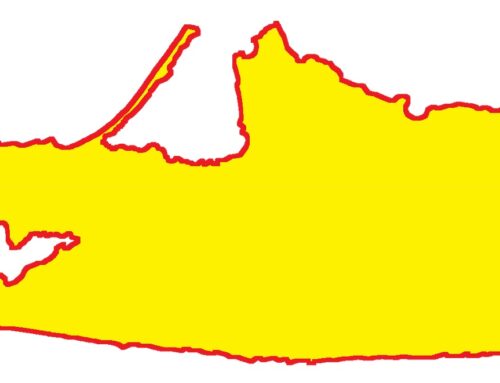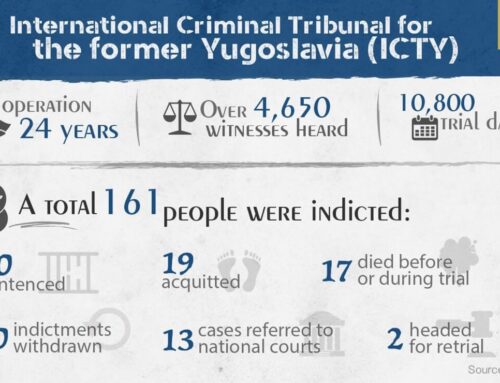After the Moria refugee camp fire incident in Greece which occurred in September 2020, concerns poured in from all across Europe regarding the Asylum and Migration situation in the European Union. Member States with the likes of Germany and France had exhibited exceptional support to pursue urgent reforms to the state of affairs regarding the ongoing refugee crisis. This resulted in the new Von der Leyen Commission introducing the new Asylum and Migration Pact, which is seen as a critical measure in dealing with the rising asylum and migration-related tensions and difficulties that the region has continued to face.
The New Pact on Asylum and Migration
While the pact itself as introduced by the Von der Leyen Commission clearly builds upon the previous work of the Juncker Commission for asylum and migration in the European Union, this new proposal aims to bring better commitment from across the Member States in what is being termed as the “Solidarity Mechanism”. The Solidarity Mechanism offers the flexibility for Member States to exercise the manner in which they would like to lend its help to the refugee and migration crisis. This appears to be a commendable recommendation by the Commission as while there is to be mandatory involvement by Member States, the manner in which they could help are more diverse, making the new asylum and migration pact a little more appealing to Member States such as the Visegrád countries who have strong opinions against the crisis. The Solidarity Mechanism is exercised particularly to ease the pressure on Member States that face migratory pressure.
The Solidarity Mechanism as proposed by the European Commission provides Member States with the following options:
- Accepting to take on some asylum seekers relocated from the Member State in difficulty.
- Sponsoring the return of some persons with no right to remain in the EU to their countries of origin.
- Taking measures aimed at strengthening the capacity of the Member State under pressure in the field of asylum, reception and return.
- Notifying the Commission of the number of asylum seekers the Member States are willing to take, and the refugees saved through the search and rescue operation via the pre-committed pool indicated on a yearly basis by the Member States
Cooperation with third countries
Concerning the refugee-migration crisis in Europe, the Commission seeks to further and deepen cooperation with third countries outside the European Union. The third countries of particular interest consist of the countries from which the Member States receive significant numbers of refugees and migrants from. A main purpose of this cooperation stems down to the need for creating channels for legal migration since at present there is a lot of migrant smuggling that takes place and often, ends in the loss of lives for refugees seeking a better life in Europe. Similarly, having proper cooperation with third countries allows for better deportation mechanisms in the event of unsuccessful migration attempts and applications.
Germany’s position as Presidency in Council of European Union
Having received over 3.1 million refugees just from 2015 to 2017, Germany stands as a top destination for migration and asylum seekers. Specifically concerning the asylum and migration pact itself, Germany is very much in favour of the mandatory solidarity mechanism where member states are not essentially forced to only accept asylum seekers but will seek to pledge their commitment in various manners on a yearly basis. This allows for Member States to better jointly tackle the problem of the refugee crisis that has been on the shores of not just Greece, but Europe as a whole since early 2015.
The German Presidency in the Council of the European Union has begun in great times of uncertainty but it is also the view of the German state that Europe as a whole can be strong again and one way for it is to support, foster and promote solidarity. In that spirit, while Germany is strongly in favour of the new pact, it is also very much concerned about the budgetary implications of supporting southern countries following pressure from the more fiscally conservative elements of the governing coalition. Additionally, Germany has been a long advocate for the revamping of the asylum and migration situation in Europe even before the incident in Moria refugee camp, therefore supporting the improvements put forth by the Commission.
Considering cooperation with third countries, as the Presidency of the Council of the European Union, Germany is the responsible face to third countries when representing the European Union as a whole. As such, Germany is also in a position to be positively welcoming of initiatives which would include and foster cooperation with third countries.
Poland’s position in Council of European Union
The position of Poland regarding asylum and migration appears to be a rather interesting one. When commenting on the state of affairs in Greece and the mediterranean countries, Poland assures that it stands in solidarity with these countries. As with the rest of the Visegrád members, Poland is not in favour of the asylum and migration pact and the entire idea of refugee migration to Member States in the European Union. In fact, Poland holds the harshest opinion in the Council of the European Union concerning the matter. Common views that arise from the Polish state include how while the attempt by the European Union to accept refugees may seem humane, it is but a naive attempt since this form of migration is “illegal” as per the Polish perspective.
A Catholic, conservative state, Poland has also traditionally not been open to the introduction of third country nationals, particularly if they arrive via means of refugee migration channels. Holding that into consideration, the new asylum and migration pact’s solidarity mechanism with its various ways presented by the Commission for Member States to uptake as a means to support fellow states under migratory pressure is hoped to ease the harsh standpoint of Poland.
Importantly, the new Ordinary Legislative Procedure as adopted by the Commission for decision-making in the European Union also disallows any one Member State to single handedly veto the proposal. In this regard, Poland with its firm and negative standpoint for the asylum and migration pact will not be able to block the Commission’s proposal on its own. While there are other Visegrád countries that share the sentiments of Poland, it is a crucial change that the Commission has introduced especially for this new asylum and migration pact which requires absolute and effective cooperation amongst all EU Member States.
References:
https://ec.europa.eu/commission/presscorner/detail/en/ip_20_1706




